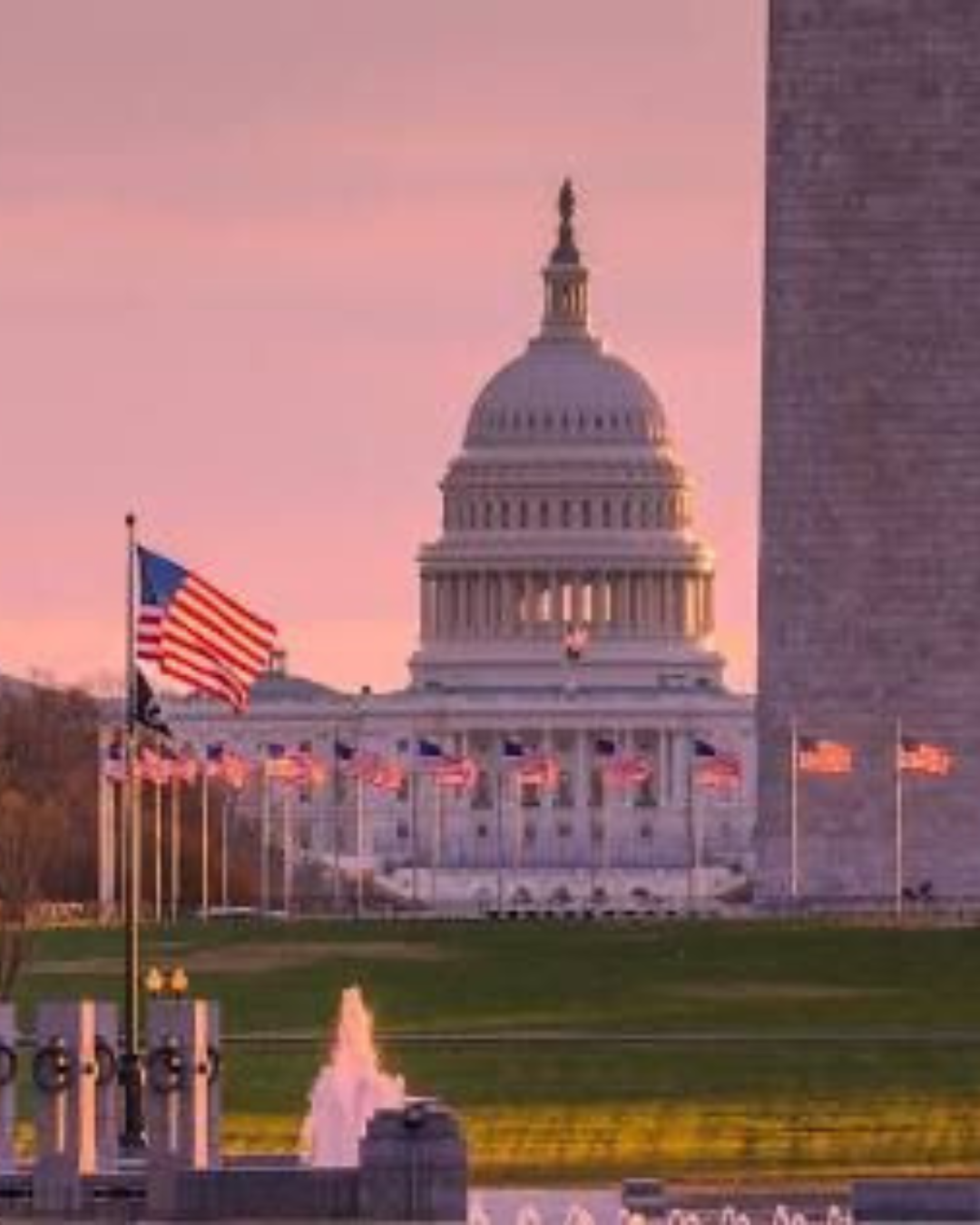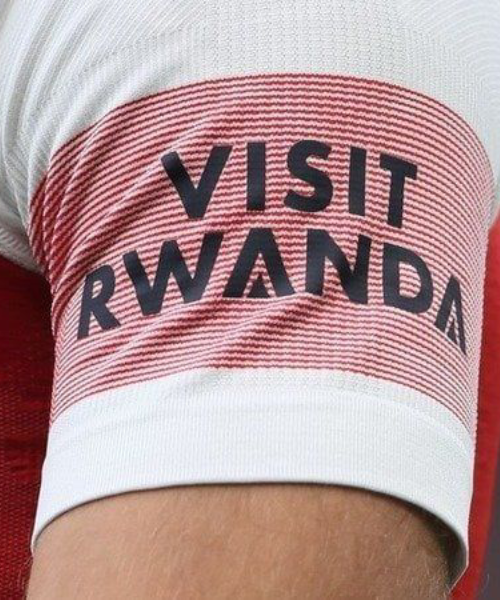Long hailed for its open-door policy toward refugees, Uganda is facing one of its most serious humanitarian challenges in years, as successive cuts in international aid threaten the government’s ability to provide for the more than 1.5 million refugees on its territory.
President Yoweri Museveni’s administration has relied heavily on foreign assistance to manage sprawling refugee settlements, most of them located in the northern and western regions. But with donor countries scaling back contributions due to shifting global priorities and economic pressures, Kampala is struggling to maintain even the most basic services in camps such as Bidi Bidi, Nakivale, and Kyangwali.
Officials warn that food rations have been slashed, healthcare delivery disrupted, and education programs suspended in several settlements. “We are at a breaking point,” a senior official at the Office of the Prime Minister’s Department of Refugees told The New Times. “Without urgent international support, conditions will deteriorate rapidly.”
The crisis is not just humanitarian—it’s political. Refugee-hosting districts have historically been a stronghold for Museveni, whose government’s generous policies earned goodwill from both refugees and host communities. However, growing frustration over resource shortages risks eroding that support base ahead of the country’s next election cycle.
Uganda hosts refugees primarily from South Sudan, the Democratic Republic of Congo, and Burundi. Under its progressive settlement model, refugees are given land to farm and allowed to work—a policy widely praised by the United Nations and aid agencies. But this model is heavily dependent on donor funding, which has declined sharply over the past three years.
Analysts warn that without a swift reversal in aid cuts—or a dramatic increase in domestic spending—Uganda could see rising tensions between refugees and local populations competing for scarce resources. “The danger is that a humanitarian crisis could quickly become a political and security crisis,” said Kampala-based political analyst Sarah Mugisha.
Museveni’s government is now lobbying traditional donors and exploring new funding partnerships. But with global attention focused on other emergencies, prospects remain uncertain.











